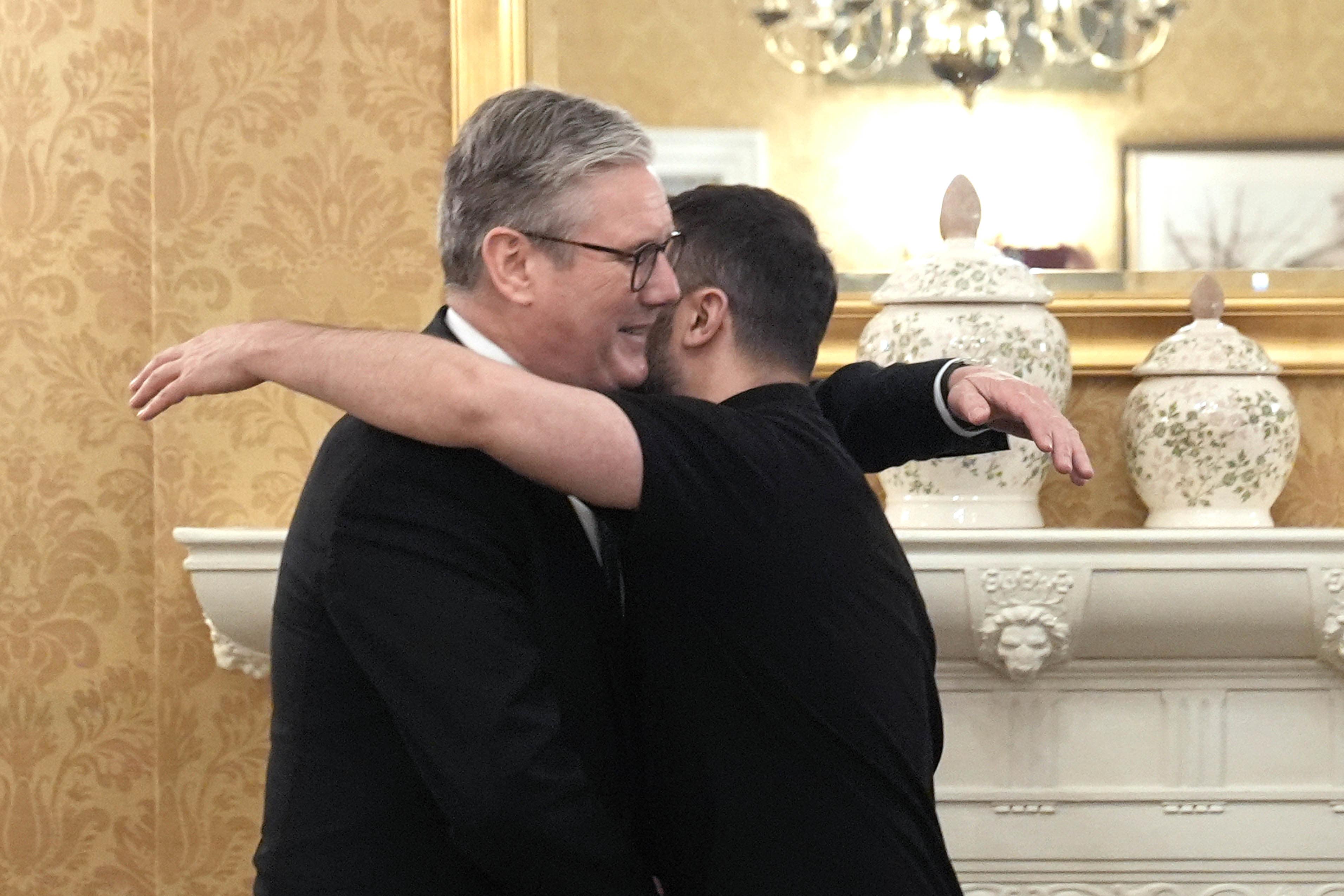UK must ‘guard against’ risk of Russian retaliation, minister warns
Dan Jarvis said ‘we’ve got to guard against’ the risk of reaction from the Kremlin after it was suggested UK missiles could be used in Russia.

Britain must be “incredibly careful” to avoid retaliation from the Kremlin, the security minister warned after the Government signalled UK missiles could be used by Ukraine for strikes into Russia.
Dan Jarvis said “we’ve got to guard against” the risk of reaction from Moscow but suggested the deployment of weapons “ultimately will be a matter” for Kyiv as long as international law is upheld.
It comes as Sir Keir Starmer promises Britain will support Ukraine for “as long as it takes” while confirming a £3 billion-a-year funding package for the country will continue at the Nato summit in Washington.
The deployment of those weapons systems ultimately will be a matter for the Ukrainian government
Appearing on Thursday’s morning broadcast round, Mr Jarvis said that while President Volodymyr Zelensky’s government must use weapons systems in compliance with international humanitarian law, the UK and Nato allies will continue to provide the “material support” it needs to defend the country.
Asked how concerned Britain should be about the risk of Russian retaliation, the minister told Sky News: “Well of course, we’ve got to guard against that. And of course, we’ve got to be incredibly careful.
“But what’s most important is that in concert with our Nato allies, we work together to make sure that President Zelensky and Ukraine have got the material support they need to defend themselves against Russia.
“It is an illegal invasion, the consequences of which are massive for the whole world.”
Mr Jarvis told BBC Radio 4’s Today programme: “The deployment of those weapons systems ultimately will be a matter for the Ukrainian government but our strong guiding principle with all of these things is that it is incredibly important that the legal framework that governs conflict is followed.”
Speaking to ITV’s Good Morning Britain, he said: “We should be under no illusion that our own national security is at stake here.”
Prime Minister Sir Keir, who met Mr Zelensky at the margins of the Nato summit on Wednesday, is expected to tell members of the alliance that they need to send a “clear message” to Russian leader Vladimir Putin.
Britain has also confirmed it will contribute £40 million to Nato’s comprehensive assistance package for Ukraine and the UK-administered international fund for Kyiv will place a new order, worth £300 million, for 120,000 rounds of 152mm Soviet-era ammunition.
Following his meeting with Sir Keir, Mr Zelensky said in a post on X, formerly Twitter: “This morning, I learned about the permission to use Storm Shadow missiles against military targets in Russian territory.
“Today, we had the opportunity to discuss the practical implementation of this decision. I’m grateful to the UK for its unwavering support for Ukraine and our people.”
The summit is expected to cement Ukraine’s progress towards Nato membership.
But because of Nato’s Article V, which commits to mutual defence, the allies will not allow Ukraine to join while it is still at war as that would trigger an immediate conflict with Russia.
Nato allies are stepping up commitments on Ukraine while they await the results of November’s US presidential election, where Donald Trump has threatened to reduce American support.
Bookmark popover
Removed from bookmarks